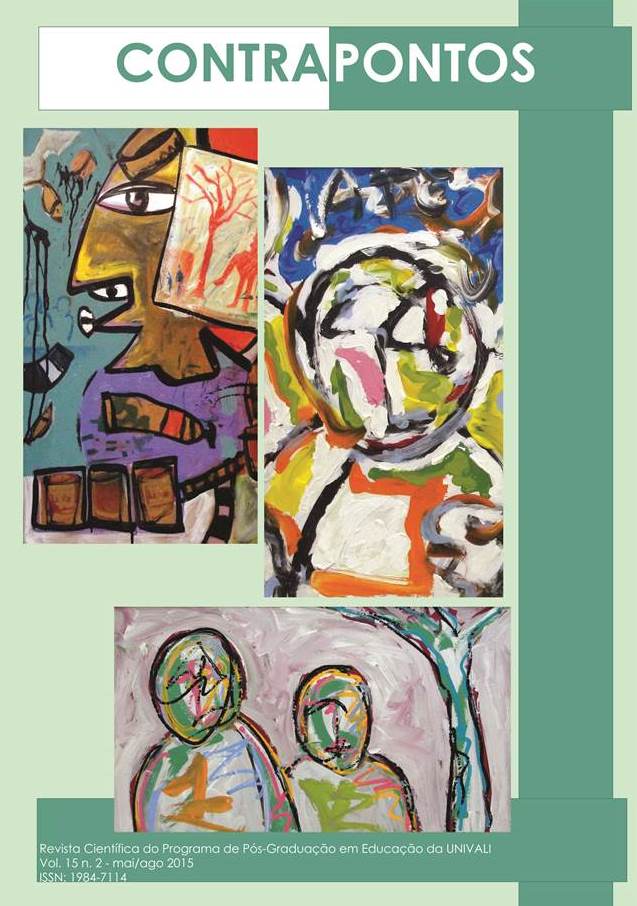RISU: QUALIFYING THE PROJECT, AND DOING THE HOMEWORK AT UNIVERSIDADE DE PASSO FUNDO
Published date: 07/08/2015

This paper presents some results of the project “Fazendo a Lição de Casa” (Doing the Homework) conducted by The Environmental Sciences and Technology Center (CCTAM) of Universidade de Passo Fundo (UPF), enabled through its participation in the RISU/ARIUSA Project which, together with data from other higher education institutions, were systematized and published under a document entitled: PROYECTO RISU - Definición de indicadores para la evaluación de las políticas de sustentabilidad en Universidades Latinoamericanas: Trabajar juntos para progresar juntos. (Definition of indicators and evaluation of the commitment to sustainability in Latin American Universities: Working together to progress together). The Environmental Sciences and Technology Center (CCTAM) of Universidade de Passo Fundo (UPF), under the coordination of its Vice-Rector for Community Outreach, is in charge of coordinating, guiding and executing all the community extension and research efforts linked to environmental science and technology. From 2012, with the creation of the committee for social responsibility – environment, the CCTAM has also been responsible for discussion on, and implementation of the university`s first environmental management policy. The UPF is the environmental licensing body, and in 2007, it obtained the Environmental Operation License for its main Campus. In view of the demands identified, the “Doing the Homework” Project was created, which together with the Environmental Sanitation Sector (SSA), the Human Resource sector (HR) and the Agency for Communication and Marketing (Agecom), carried out joint activities in the area of socio-environmental education. The theoretical and methodological concept that guides the research and extension activities developed as part of this project is based on the policies proposed in Agenda 21 and Brazilian Resolution 15 of June 2012, which establishes the National Curricular Guidelines for Environmental Education, with the democratic management and participation of the faculty, employees and students, as well as members of civil society and NGOs. The interdisciplinary character of the work contemplates all the guidelines defined by the Brazilian government for social environmental actions, seeking to enable the construction of the necessary knowledge for the exercise of proactive action and citizenship. The various activities include workshops, the production and distribution of printed matter, intervention in all the different units of the site, radio and TV spots, due diligence, and proper management of segregation and disposal of recyclable waste, which is later donated to social recycling institutions. It is important to recognize that the organization of the work in the form of a network, considering all the different players involved in a higher education institution, along with the external community, help to broaden the visibility and commitment of the University and its relationship with the other entities. Based on the work carried out, it was possible to see the empowerment of all the subjects in the activities carried out, and to improve understanding of the difficulties experienced in the different units. The meetings and discussions resulting from the participation in the RISU/ARIUSA project led us to conclude that interdisciplinary integrated programs and projects are increasingly important, including continuing education, and sharing the information gained with other teaching institutions.






